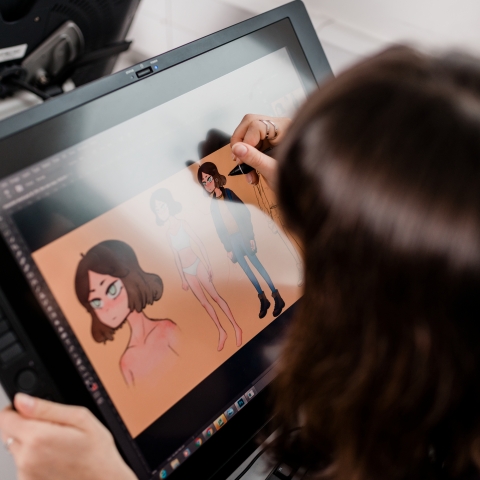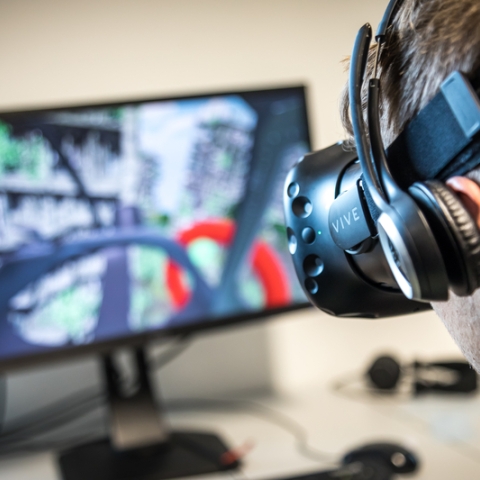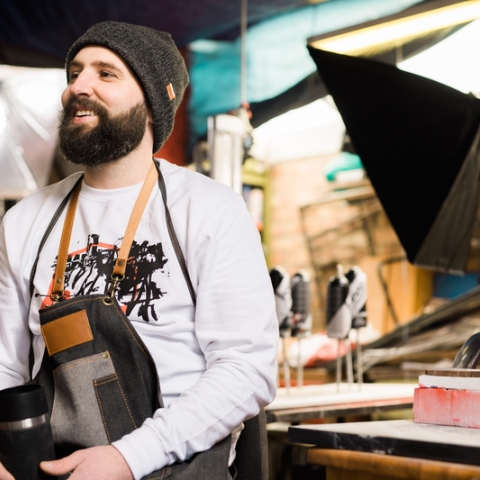

Finding an alternative course
Searching for a similar course when a course closes
The course you're looking for has now closed, but we have many other courses that might interest you.
Use the search below to look for a course that interests you. We have more than 400 undergraduate, postgraduate taught, research and professional courses available.
If you have any questions about courses, please contact the University Admissions Centre using the 'Get in touch' option on each course page.
Find a course:
More course options
Undergraduate courses
Includes Bachelor's (BA/BSc), Foundation and integrated Master's degrees and degree apprenticeships




